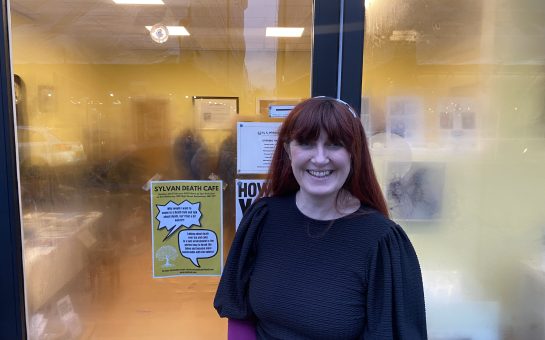Midwifery, one of the very specialist professions within the NHS, is on the verge of becoming critically unsafe.
Midwives have to care for people at their most vulnerable and keep the mother’s and their families calm under high pressure.
SWL spoke to a serving midwife who noted the immense pressures they, as a profession, were under.
They said: “I can’t even explain to you how stretched we are without getting emotional, we are being pushed to the limit, we have to be more focused on not getting sued rather than giving good care to our mothers.”
Prior to the COVID-19 pandemic, a third of midwives displayed symptoms of Post Traumatic Stress Disorder (PTSD) and other mental health issues.
They added: “I can safely say that eight out 10 colleagues are in therapy either from the workload or from issues that midwifery has exacerbated.
“Towards the end of my training, I couldn’t cope with it all, I didn’t want to do another shift and it took me to a point where I didn’t want to live.
If it wasn’t for my colleagues or my partner, I probably wouldn’t have been here to qualify.”
A recent survey found that for every 30 midwives that qualify, 29 were said to be leaving with a further 60% saying they were considering leaving.
Of those who were thinking about leaving midwifery, 80% stated a lack of staff whilst 67% were unhappy with the level of care that they were able to provide.
As set out in the Nursing & Midwifery Council guidelines, midwives are to give one-to-one care legally when on the birthing ward, to which this isn’t always the case when you have less midwives than suites on the ward.
Prior to 2017, people training for midwifery and many other NHS-based professions had their training paid for and received a bursary fund additionally.
Currently this isn’t the case with many having to work whilst training resulting in some having to work upwards of 60-hour weeks.
When asked about the investment from the government announced last year and the aim to add 1,200 new midwives, they raised concern about what they had seen.
They said: “Many band 7 and band 8 roles have been created which require generous funding, but there has been nothing about the frontline workers from what I have experienced.
“If they could dedicate some of that funding to creating entry level roles and front line staff positions, that would be best because that’s what we need.
“If not, we will end up with all leaders and no one to lead.”





Join the discussion